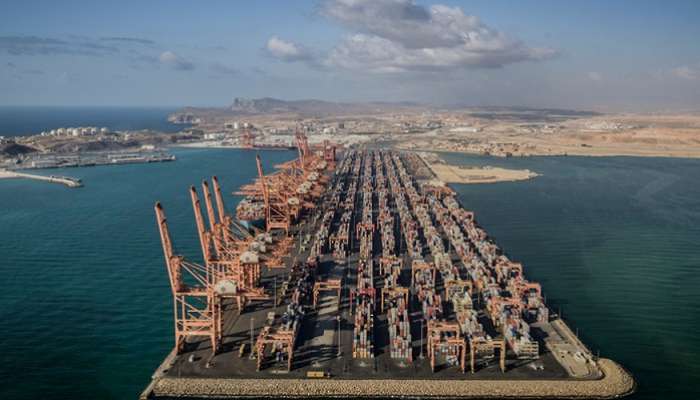In May 2024, Oman’s public revenue decreased by 7% compared to the same period in 2023, totaling RO 5,075 million. The decline was mainly attributed to lower hydrocarbon and non-hydrocarbon revenues, according to the Fiscal Performance Bulletin released by the Ministry of Finance. Net oil revenue was down by 2% at RO 2,740 million, with an average realized oil price of US$ 82 per barrel and average production of 1,006 thousand barrels per day. Net gas revenue also saw a decrease, falling by 24% to RO 763 million due to expenses deducted from the revenue collected from Integrated Gas Company.
Current revenue at the end of May 2024 was RO 1,562 million, a decrease of RO 82 million compared to the same period in 2023. On the expenditure side, public spending amounted to RO 4,724 million, down by RO 158 million or 3% compared to the previous year. Civil ministries’ current expenditure was RO 3,340 million, which was lower by RO 25 million compared to 2023. Development expenditure of ministries and government units reached RO 430 million, representing 48% of the total development spending allocated for the year, which was RO 900 million.
Total contributions and other expenses by the end of May 2024 were RO 754 million, up by 11% compared to the same period in 2023. Social protection system subsidy, oil products subsidy, and transport sector subsidy amounted to RO 233 million, RO 137 million, and RO 30 million, respectively. Additionally, RO 166 million was transferred to future debt obligations budget-item, ensuring financial stability and meeting future obligations.
Despite the revenue decline, the Ministry of Finance remains focused on managing public finances effectively. By closely monitoring expenditures and ensuring strategic allocation of funds, the ministry aims to maintain financial stability and sustainable economic growth. The state’s commitment to social protection and investments in key sectors such as transportation further demonstrate a comprehensive approach to financial management that balances revenue generation and expenditure effectively.
The decrease in public revenue in May 2024 compared to the previous year presents challenges that require proactive measures to ensure fiscal sustainability. The Ministry of Finance’s efforts to streamline spending and optimize revenue sources will be crucial in navigating these challenges. With a strategic focus on investment in key sectors and prudent financial planning, Oman aims to mitigate the impact of revenue fluctuations and maintain a stable economic trajectory.
In conclusion, while Oman’s public revenue saw a decline in May 2024, the Ministry of Finance’s proactive measures and strategic financial planning are key to ensuring fiscal stability. By balancing revenue generation with prudent spending, the state aims to navigate challenges effectively and sustain economic growth. With a continued focus on social protection and strategic investments, Oman remains committed to long-term financial sustainability and economic development.











